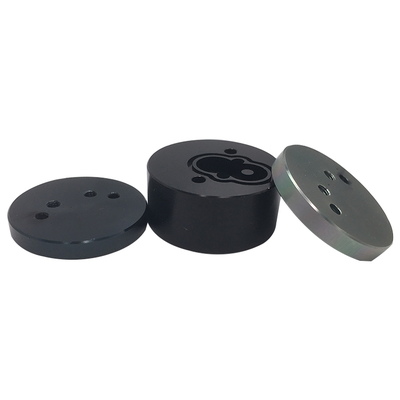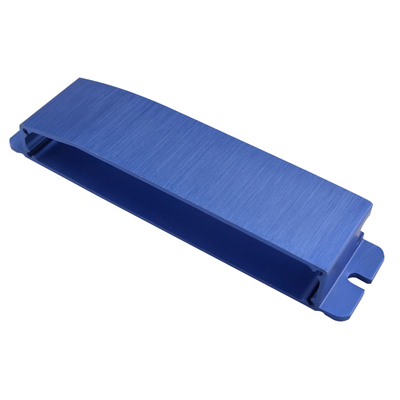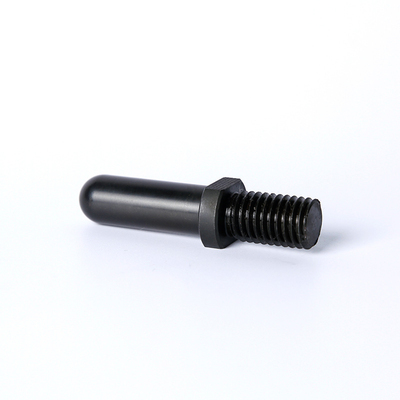Introduction to injection molding machine adjustment technology, how to adjust the injection position of the injection molding machine
What is an injection molding machine? Injection molding machine, also known as injection molding machine or injection, is an industrial machine widely used in various fields such as national defense, electromechanics, and automobiles. Speaking of injection molding machines, one has to talk about the adjustment technology of injection molding machines.
Injection molding machine adjustment technology is an essential skill for injection molding workers. Today, the editor of Xianji.com is here to talk to you about the introduction of injection molding machine adjustment technology, and how to adjust the injection position of the injection molding machine?
Introduction to Injection Molding Machine Tuning Technology:
Injection molding machine adjustment technology is an engineering technology that involves transforming plastics into useful products that can maintain their original performance. The important process conditions of the injection molding machine adjustment technology are the temperature, pressure and the corresponding action time that affect the plasticizing flow and cooling.
1. Temperature control
1) Barrel temperature: The temperature that needs to be controlled during the injection molding process includes barrel temperature, nozzle temperature and mold temperature. The first two temperatures mainly affect the plasticization and flow of the plastic, while the latter temperature mainly affects the flow and cooling of the plastic. Each plastic has a different flow temperature. For the same plastic, due to different sources or grades, its flow temperature and decomposition temperature are different. This is due to the difference in average molecular weight and molecular weight distribution. Plastics in different types of injection The plasticization process in the machine is also different, so the temperature of the barrel is also different.
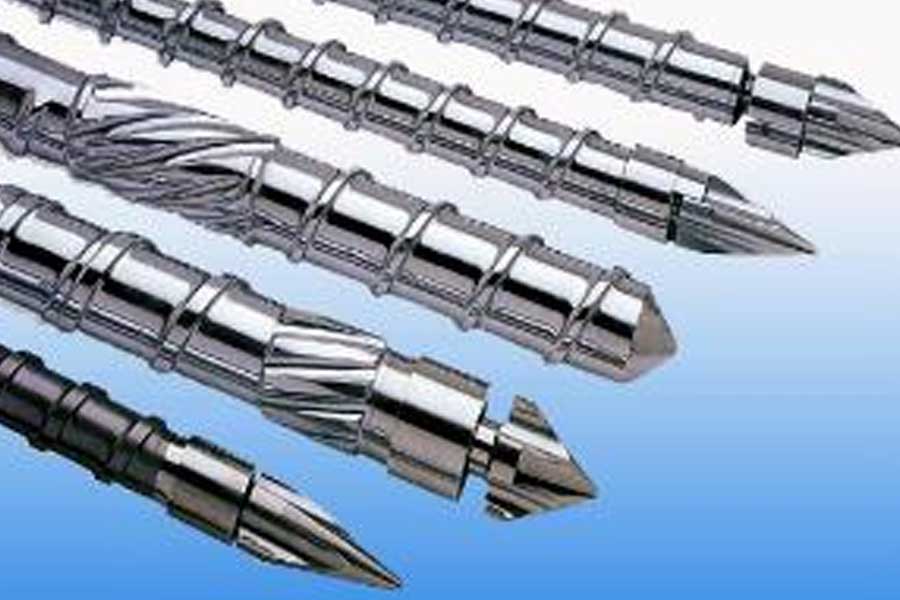
2) Nozzle temperature: The nozzle temperature is usually slightly lower than the maximum temperature of the barrel. This is to prevent the "salivation" that may occur in the straight-through nozzle of the molten material. The temperature of the nozzle should not be too low, otherwise the nozzle will be blocked due to the early solidification of the melt, or the performance of the product will be affected due to the injection of the early solidification material into the cavity.
3) Mold temperature: Mold temperature has a great influence on the internal performance and apparent quality of the product. The temperature of the mold depends on the crystallinity of the plastic, the size and structure of the product, performance requirements, and other process conditions (melt temperature, injection speed and injection pressure, molding cycle, etc.).
2. Pressure control
The pressure in the injection molding process includes plasticizing pressure and injection pressure, and directly affects the plasticization of plastics and product quality.
1) Plasticizing pressure: (back pressure) When a screw injection machine is used, the pressure on the top of the screw when the screw rotates and retreats is called plasticizing pressure, also known as back pressure. The size of this pressure can be adjusted by the overflow valve in the hydraulic system. In the injection, the size of the plasticizing pressure is constant with the screw speed. When the plasticizing pressure is increased, the temperature of the melt will be increased, but the speed of the plasticizing will be reduced. In addition, increasing the plasticizing pressure can often make the temperature of the melt uniform, the mixing of the pigments uniform, and the gas in the melt can be discharged. In general operation, the decision of plasticizing pressure should be as low as possible under the premise of ensuring good product quality. The specific value varies with the types of plastics used, but usually rarely exceeds 20 kg/cm².
2) Injection pressure: In the current production, the injection pressure of almost all injection machines is based on the pressure applied by the plunger or the top of the screw to the plastic (converted from the oil pressure) as the standard. The role of injection pressure in injection molding is to overcome the flow resistance of the plastic from the barrel to the cavity, to give the molten material the rate of filling the mold and to compact the molten material.
3. Molding cycle
The time required to complete an injection molding process is called the molding cycle, also known as the molding cycle. It actually includes the following parts:
Molding cycle: The molding cycle directly affects labor productivity and equipment utilization. Therefore, in the production process, the relevant time in the molding cycle should be shortened as much as possible under the premise of ensuring quality. In the entire molding cycle, the injection time and cooling time are the most important, they all have a decisive influence on the quality of the product. The filling time in the injection time is directly inversely proportional to the filling rate, and the filling time in production is generally about 3-5 seconds.
How to adjust the injection position of the injection molding machine?
How to adjust the injection position of the injection molding machine? There is no fixed adjustment method, just adjust it at will, as long as the product can be done well. The injection position is smaller than the total sol, one section is half of the total sol, and the second section is about 90% of the total sol. Three stages 98%...four stages 99.9%! Then hold one stage, hold two stages, and hold three stages!
The above is the editor's answer to "Introduction to injection molding machine adjustment technology, how to adjust injection position of injection molding machine". Injection molding machine is widely used in industry. It has the ability to form complex shapes and precise dimensions at one time.
Link to this article:
Reprint Statement: If there are no special instructions, all articles on this site are original. Please indicate the source for reprinting:https://www.cncmachiningptj.com/,thanks!
 Sheet metal, beryllium, carbon steel, magnesium, 3D printing, precision CNC machining services for heavy equipment, construction, agriculture and hydraulic industries. Suitable for plastics and rare alloys machining. It can turn parts up to 15.7 inches in diameter. Processes include swiss machining,broaching, turning, milling, boring and threading. It also provides metal polishing, painting, surface grinding and shaft straightening services. The production range is up to 50,000 pieces. Suitable for screw, coupling, bearing, pump, gearbox housing, drum dryer and rotary feed valve applications.PTJ will strategize with you to provide the most cost-effective services to help you reach your target,Welcome to Contact us ( sales@pintejin.com ) directly for your new project.
Sheet metal, beryllium, carbon steel, magnesium, 3D printing, precision CNC machining services for heavy equipment, construction, agriculture and hydraulic industries. Suitable for plastics and rare alloys machining. It can turn parts up to 15.7 inches in diameter. Processes include swiss machining,broaching, turning, milling, boring and threading. It also provides metal polishing, painting, surface grinding and shaft straightening services. The production range is up to 50,000 pieces. Suitable for screw, coupling, bearing, pump, gearbox housing, drum dryer and rotary feed valve applications.PTJ will strategize with you to provide the most cost-effective services to help you reach your target,Welcome to Contact us ( sales@pintejin.com ) directly for your new project.
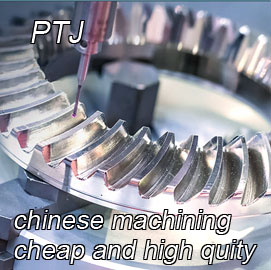
- 5 Axis Machining
- Cnc Milling
- Cnc Turning
- Machining Industries
- Machining Process
- Surface Treatment
- Metal Machining
- Plastic Machining
- Powder Metallurgy Mold
- Die Casting
- Parts Gallery
- Auto Metal Parts
- Machinery Parts
- LED Heatsink
- Building Parts
- Mobile Parts
- Medical Parts
- Electronic Parts
- Tailored Machining
- Bicycle Parts
- Aluminum Machining
- Titanium Machining
- Stainless Steel Machining
- Copper Machining
- Brass Machining
- Super Alloy Machining
- Peek Machining
- UHMW Machining
- Unilate Machining
- PA6 Machining
- PPS Machining
- Teflon Machining
- Inconel Machining
- Tool Steel Machining
- More Material

